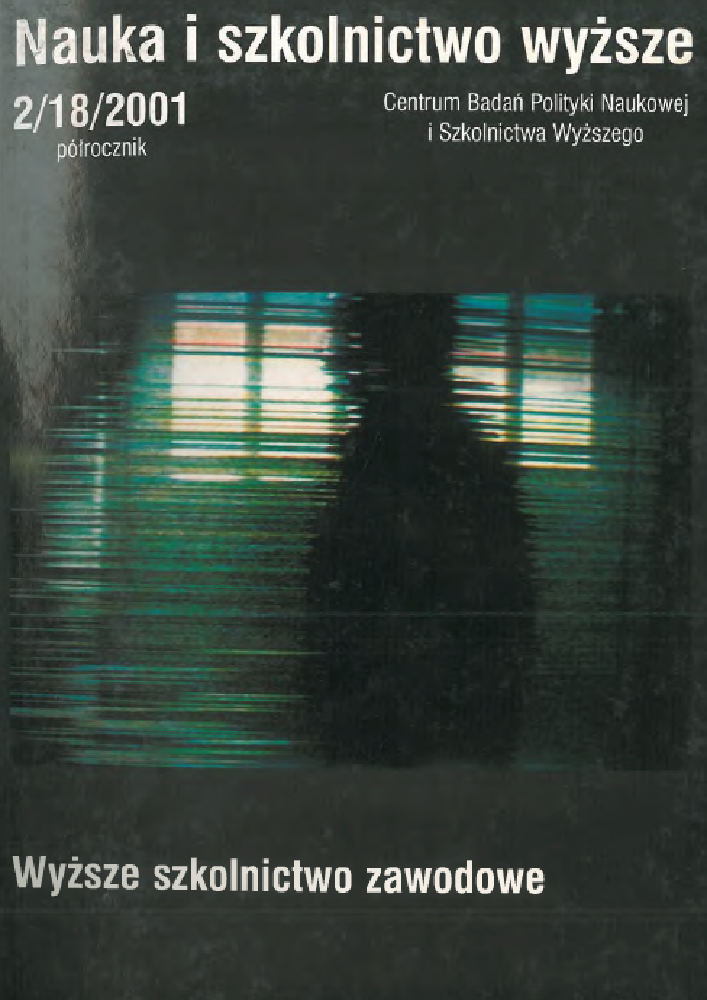Abstract
When the year 2001 was announced the European Language Year this was a good occasion to point out how culturally and linguistically diverse Europe is and how important a role language education plays as a means of getting to know one another, furthering tolerance for various cultures, intensifying and enriching ways of language promotion, and showing how important language skills are for employment and migration in Europe. Both the European Union and the Council of Europe are very actively promoting linguistic diversity and language education. The Bologna Declaration, which was signed in 1999, posits the development of a European Space of Higher Education by 2010. The aim of this Bolognese process is to create adequate conditions of teaching at the university level in Europe and to encourage the greater mobility of students and academic teachers. Well aware of the challenges and the role which higher education establishments must play in uniting Europe, the Scientific Committee of the Berlin Conference “The European Foreign Language Year, Berlin, 28-30 June 2001” launched an appeal for cooperation in the field of furthering and promotion of cross-cultural knowledge and skills and multilingualism to the authorities of European institutions and organisations. It called for the acceptance of the Berlin Declaration entitled “Language Education in Higher Education - A Crucial Element in the process of European Integration”. The authors of the Declaration appeal to the authorities of European universities to take action to develop and implement a language policy for both didactic and research spheres as a well as a developmental strategy for the entire institution. So far, no document, clearly and explicitly formulating the assumptions for university language policy, has been drawn up at Warsaw University, the largest humanistic university in Poland, where about 10 thousand students undergo some form of foreign language instruction each year.
References
Bologna... 1999 [The] Bologna Declaration. The European Higher Education Area. Joint Declaration of the European Ministers of Education Convened in Bologna on the 19th of June 1999, www.unige.ch/cre/activities/Bologna
Common... 2001 Common European Framework of Reference for Languages: Learning, Teaching, Assessment, Council of Europe, Strasbourg.
Decision... 2000 Decision No. 1934/2000/EC of the European Parliament and the Council of 17 July 2000 on the European Year of Languages 2001, „Official Journal of the European Communities”.
Decision... 2001 Decision (CM(98)205) of Bureau of the Council for Cultural Co-operation on the European Year of Languages, Strasbourg, November 1998, followed by the Committee of Ministers Decision on the European Year of Languages 2001 of 19 January 1999.
Language Studies... 2001 Language Studies in Higher Education: A Key Contribution to European Integration. A Draft Declaration of the Members of the Scientific Committee of the Berlin Year of Languages Conference, Berlin 2001.
Recommendation... 1998 Recommendation No. R(98) of the Committee of Ministers to Member States Concerning Modern Languages, Council of Europe, Strasbourg.
White Paper.,. 1996 White Paper on Education and Training. Teaching and Learning Towards the Learning Society, European Commission, Strasbourg.
